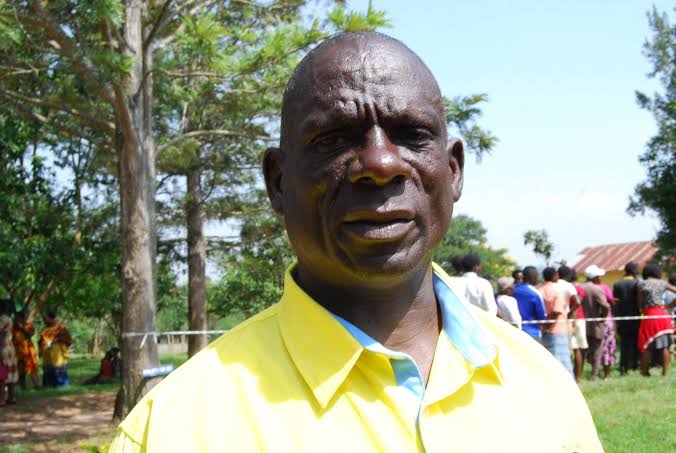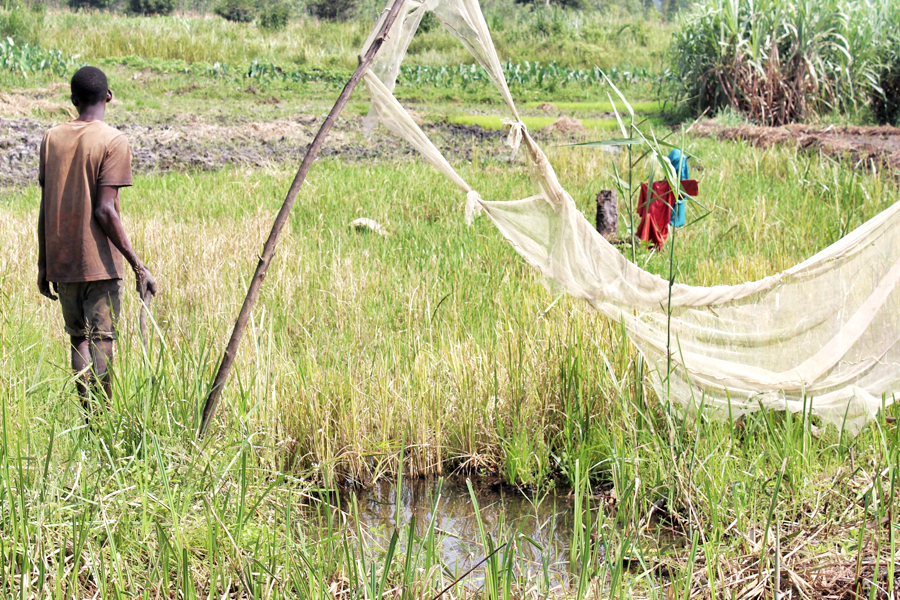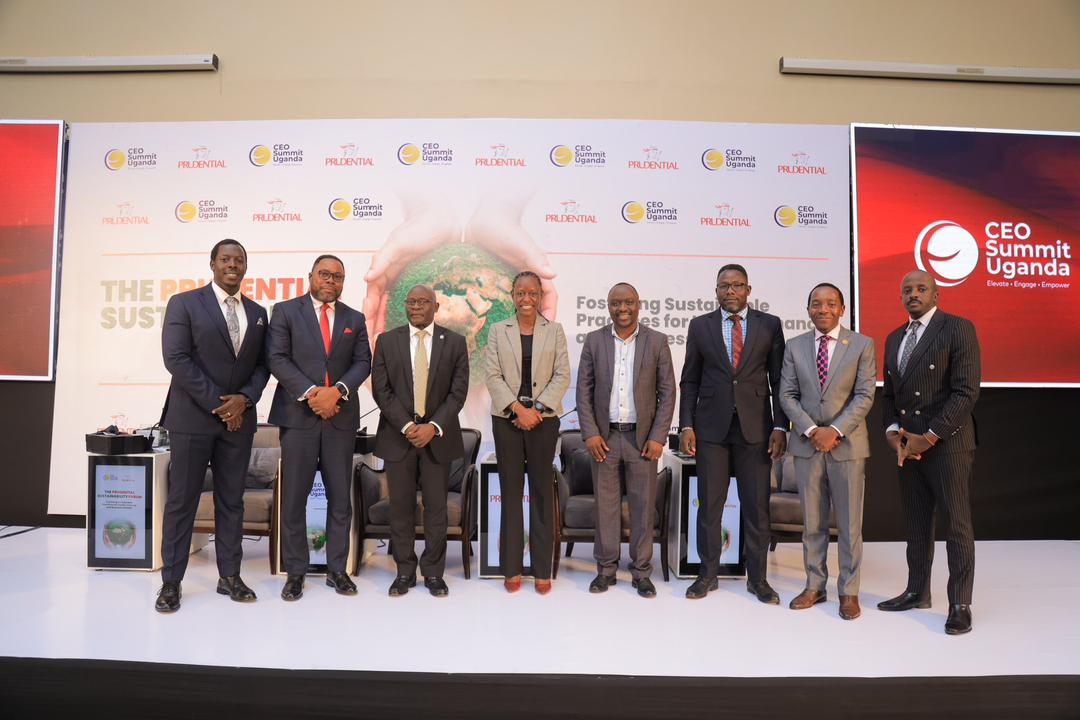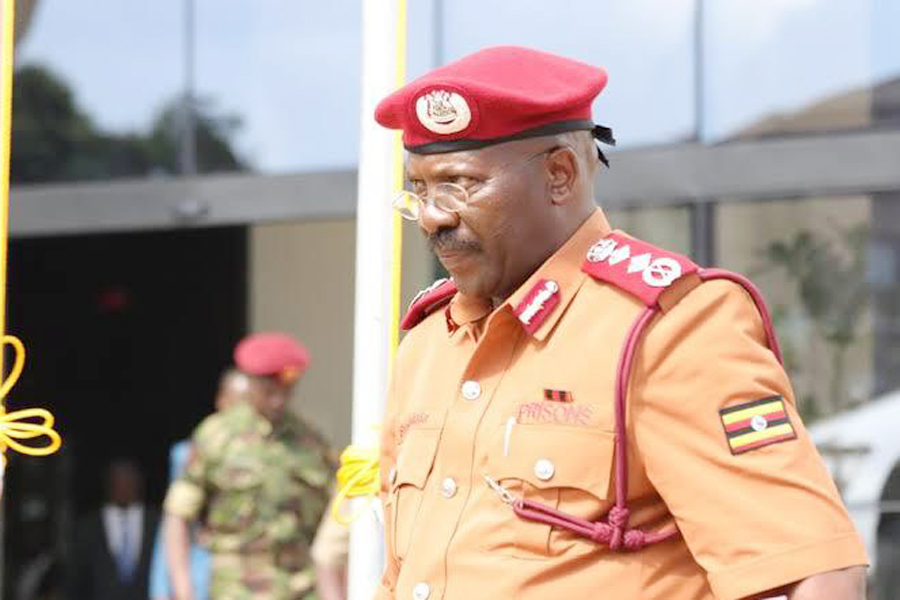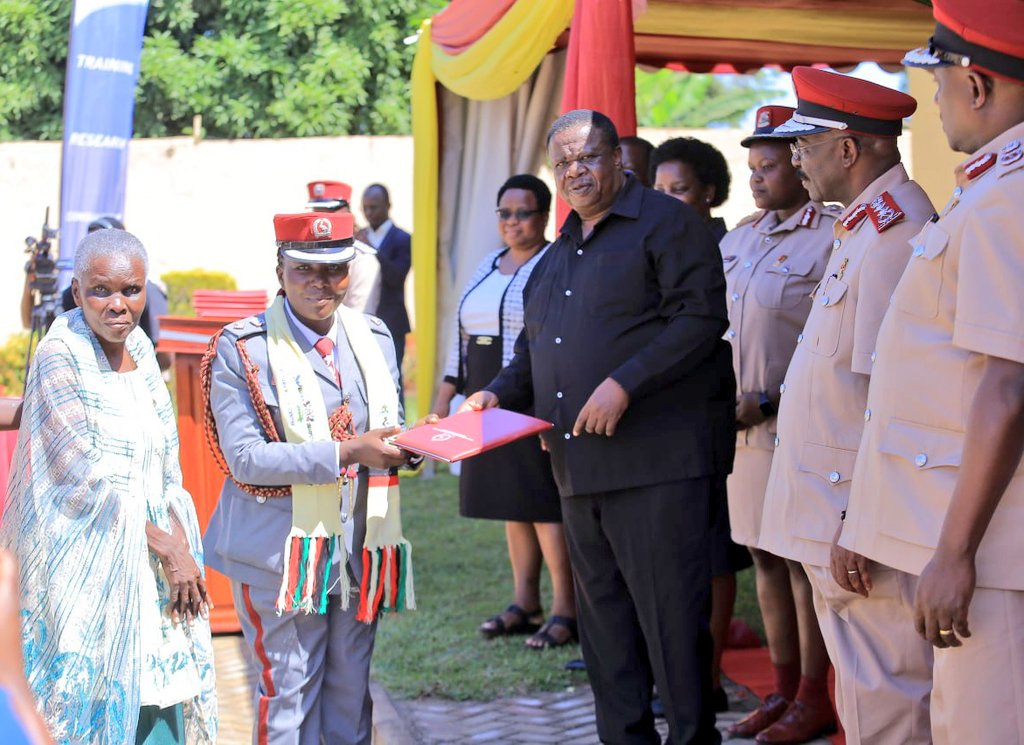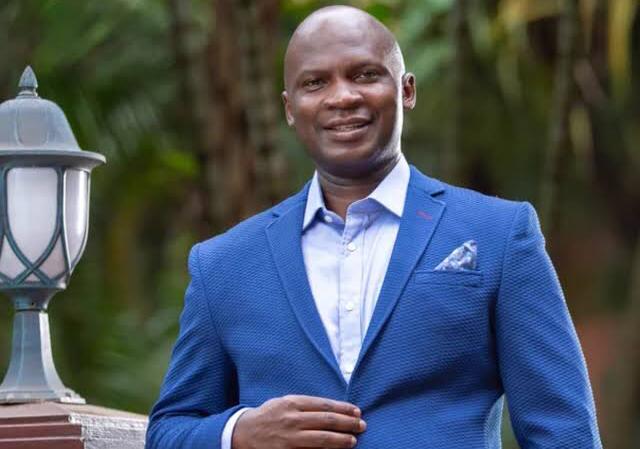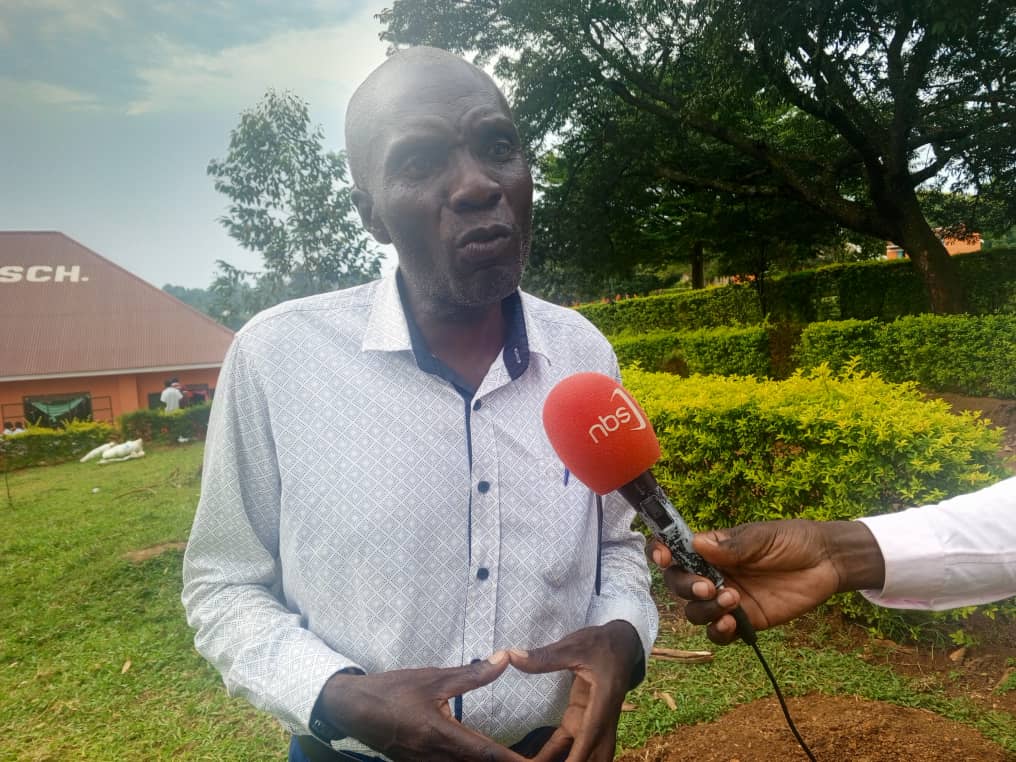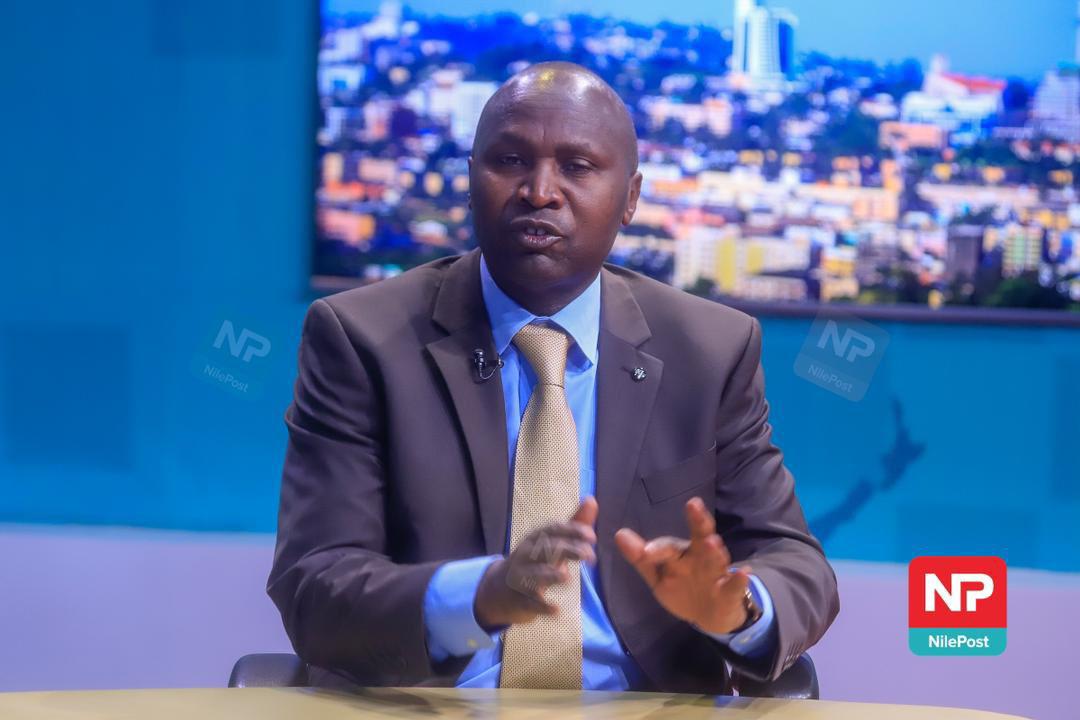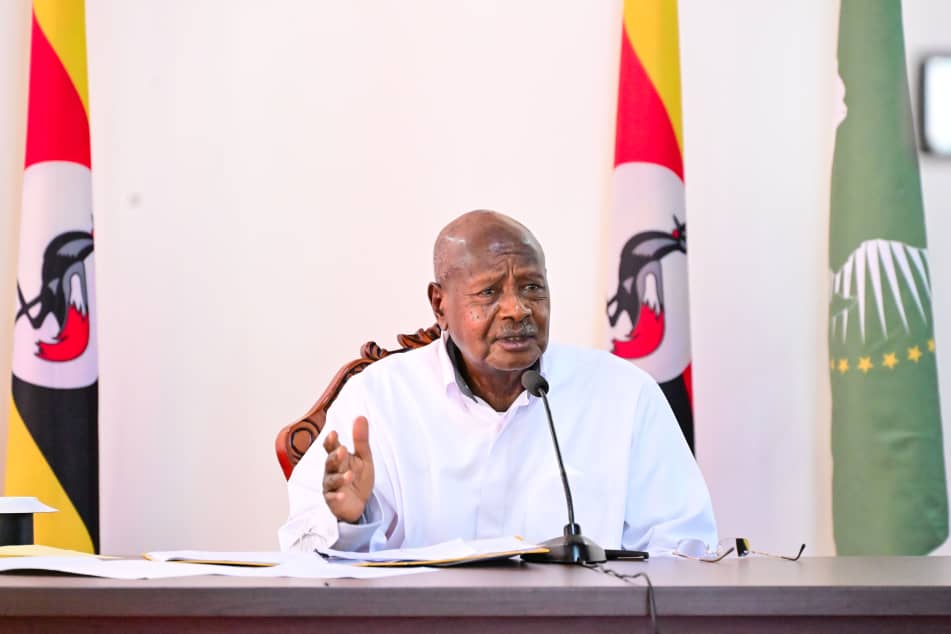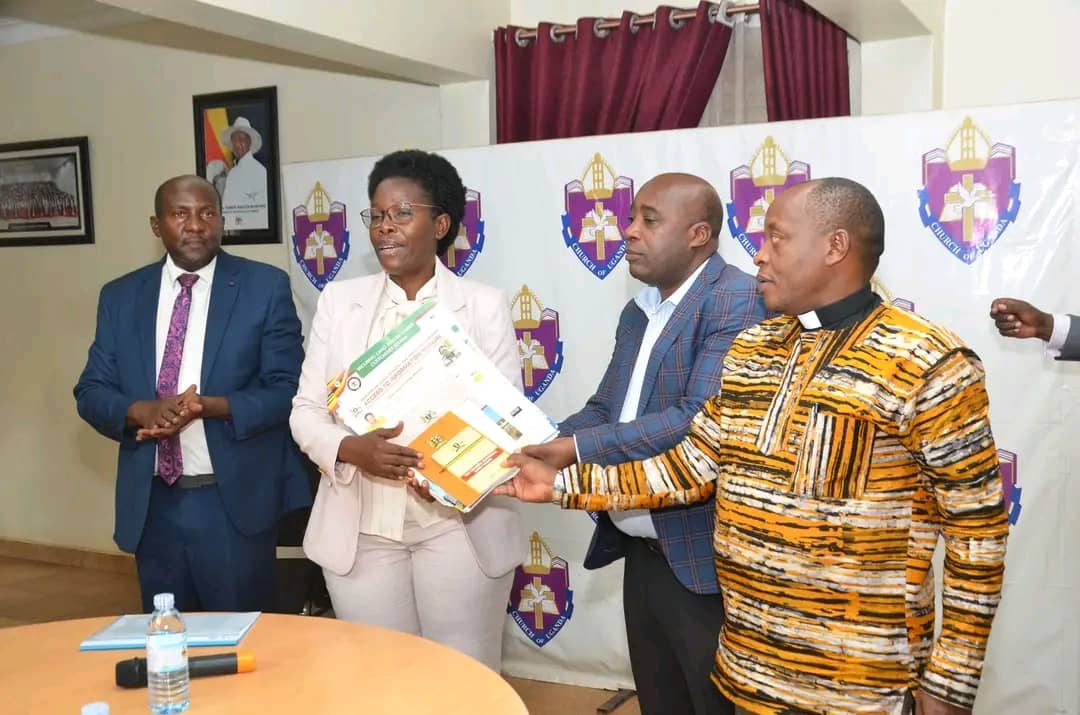Uganda hosts African social protection experts ,stakeholders
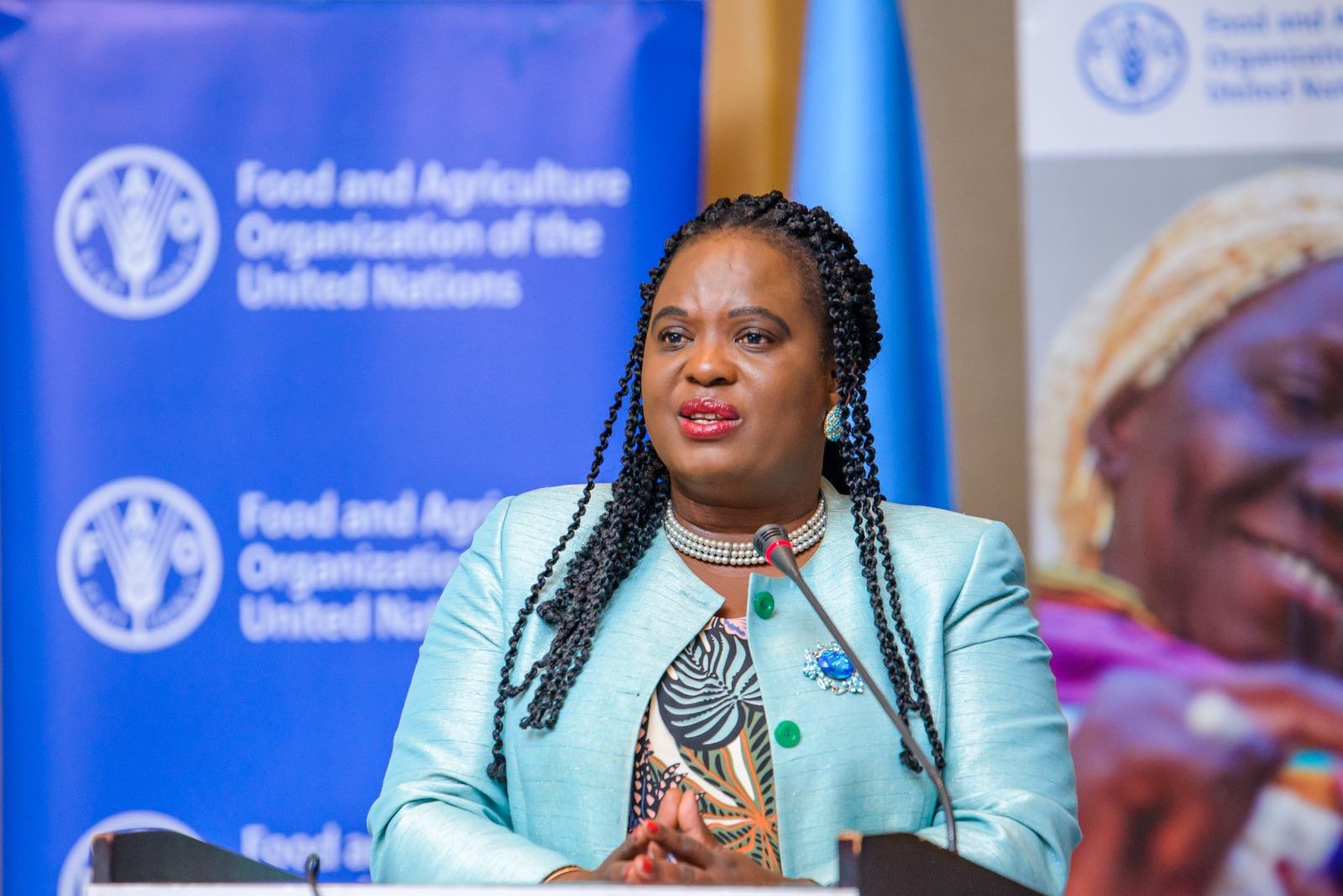
Speakers at today’s opening of the African Regional Social Protection Policy dialogue have called for an expansion of social protection to cover the rural poor in the agrifood system who are at risk of being left behind in Africa’s development.
The dialogue highlights the critical role that social protection plays in alleviating poverty, reducing hunger, enhancing food security, building resilience, and fostering productive livelihoods.
Keep Reading
Currently, only 13.7 percent of sub-Saharan Africa's population is covered by at least one social protection benefit, with 19.8 percent of the elderly receiving an old-age pension. This leaves millions of rural workers, children, mothers with newborns, unemployed individuals, those incapacitated by illness or injury, persons with disabilities, the elderly, and many others without essential support.
Hosted by the Government of Uganda and convened by the Food and Agriculture Organization of the United Nations (FAO) Regional Office for Africa and the Regional Universities Forum for Capacity Building in Agriculture (RUFORUM), the event aims to encourage the strengthening of social protection systems linked to agrifood system transformation across Sub-Saharan Africa.
“I call upon all stakeholders – government agencies, development partners, civil society organizations, and the private sector – to come together in support of social protection and promote coherence with agrifood systems,” said Betty Amongi Ongom, the Minister for Gender, Labour and Social Development, at the opening ceremony.
“I am committed to developing and implementing policies that promote social inclusion, reduce poverty, and empower the most vulnerable members of our community, and most of these reside in rural areas. We must work together to build a more equitable and just society,” she said.
Innovative approaches to tackle poverty and hunger
The discussions come at a critical time, as the continent grapples with stark socio-economic challenges.
More than 80 percent of the poor live in rural areas, 70 percent of whom derive their income from farming.
Hunger is on the rise in all subregions of Africa with about 868 million people moderately or severely food-insecure on the continent and more than one-third of them severely food-insecure. More than a billion Africans are unable to afford a healthy diet.
In his opening remarks, Abebe Haile-Gabriel, FAO Assistant Director-General and Regional Representative for Africa, emphasized the importance of innovative approaches in tackling poverty and hunger.
“Our collective aim is to explore innovative and evidence-based approaches within social protection systems that can be adopted, supported, and scaled up to effectively address the intricate challenges facing rural populations in Africa,” he stated.
“The Africa we want as espoused in Agenda 2063 leans strongly on ensuring that social protection and its floors support delivery of the continent’s vision,” said Dr. Patrick Okori, RUFORUM Executive Secretary.
“I urge us all to make our voices heard and be engaged during this policy dialogue…Our African people wisely say, ‘If you think you are too small to make a difference, you haven't spent the night with a mosquito’. No contribution is too small to miss causing a ripple effect,” he said.
Technical experts will share over the coming days the data that underscores the significant impact of social protection investments that are linked to climate action and agrifood systems.
Countries that allocate a larger share of GDP to social protection report lower poverty rates and higher human development indices compared to those with lesser investments.
Such investments yield substantial economic returns and multiplier effects in local economies through increased productivity, reduced healthcare costs, and enhanced social cohesion.
In the context of rural Africa, where women constitute 60 percent of the agricultural workforce yet face higher levels of food insecurity and limited access to resources, the expansion of social protection is particularly critical.
Strengthening these systems not only supports vulnerable populations but also drives broader economic stability and resilience.
The ongoing Regional Policy Dialogue in Kampala is poised to lay the groundwork for actionable strategies and partnerships that will strengthen social protection systems across the continent to enhance effective coverage to rural populations, ensuring they are climate-smart, shock-responsive and gender-transformative.
The three-day meeting seeks to review the current state of social protection in rural areas of Africa, share insights on emerging issues and trends, identify gaps within existing systems, and propose strategic actions for linking social protection to inclusive rural transformation.



